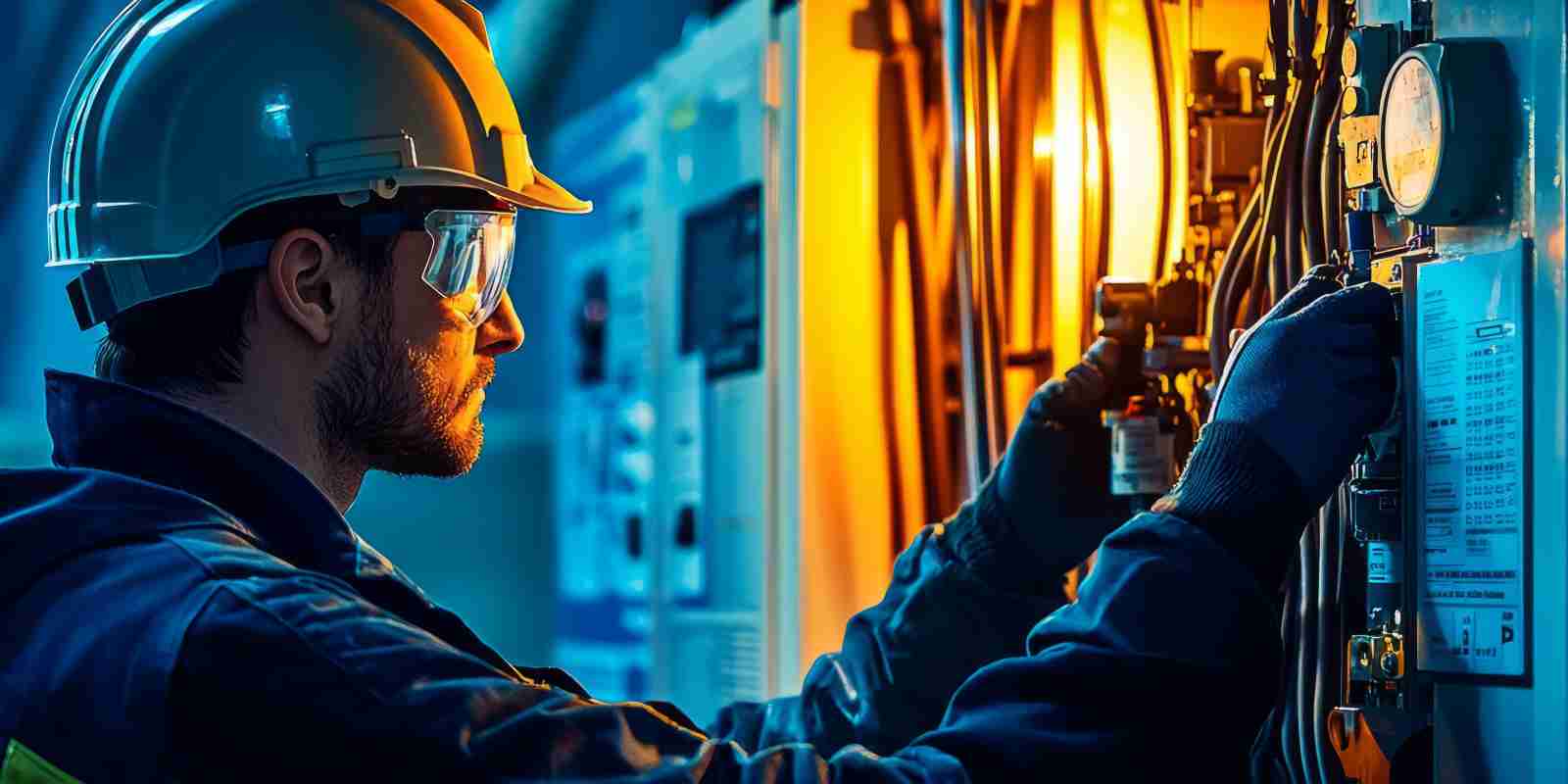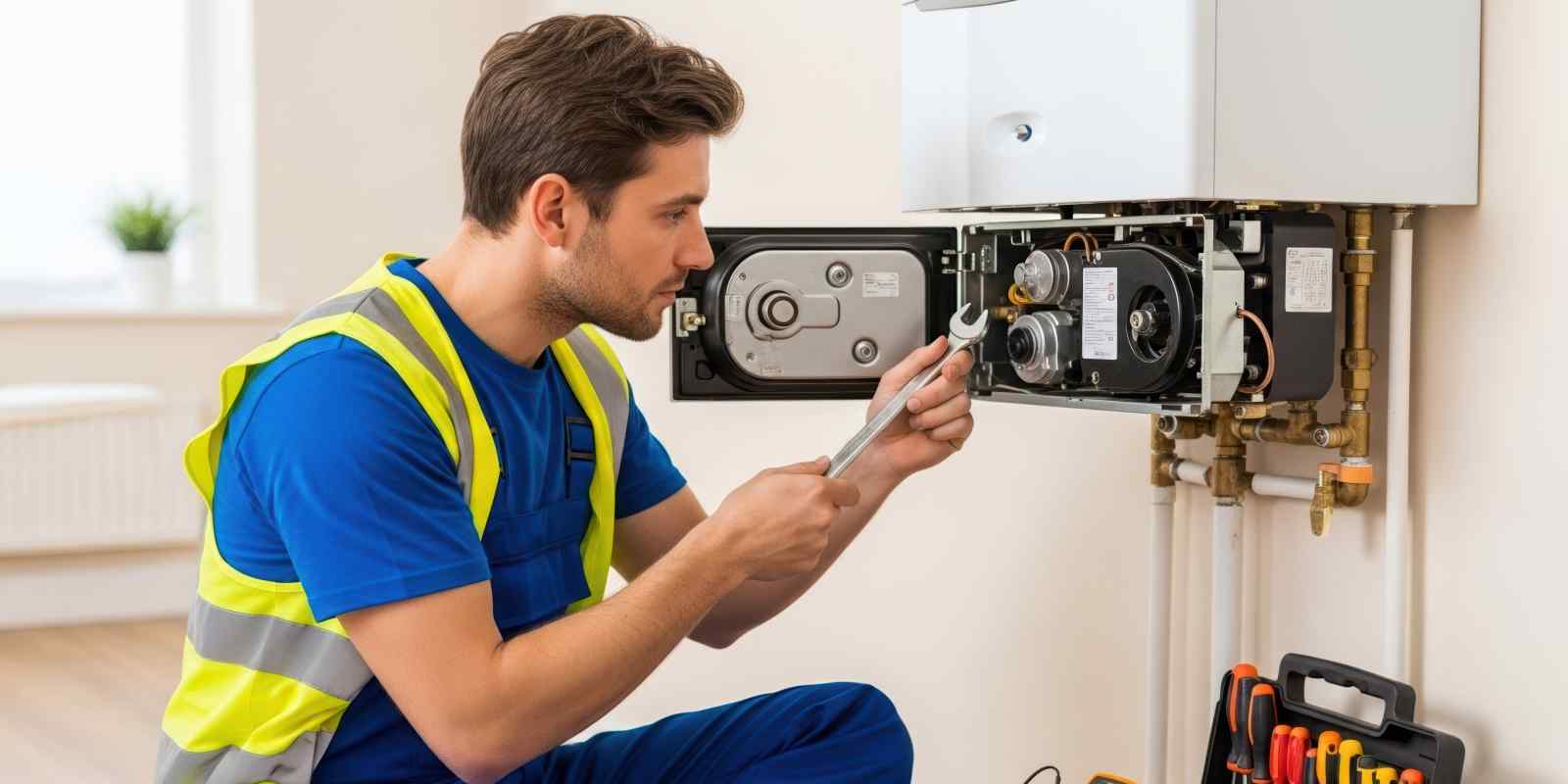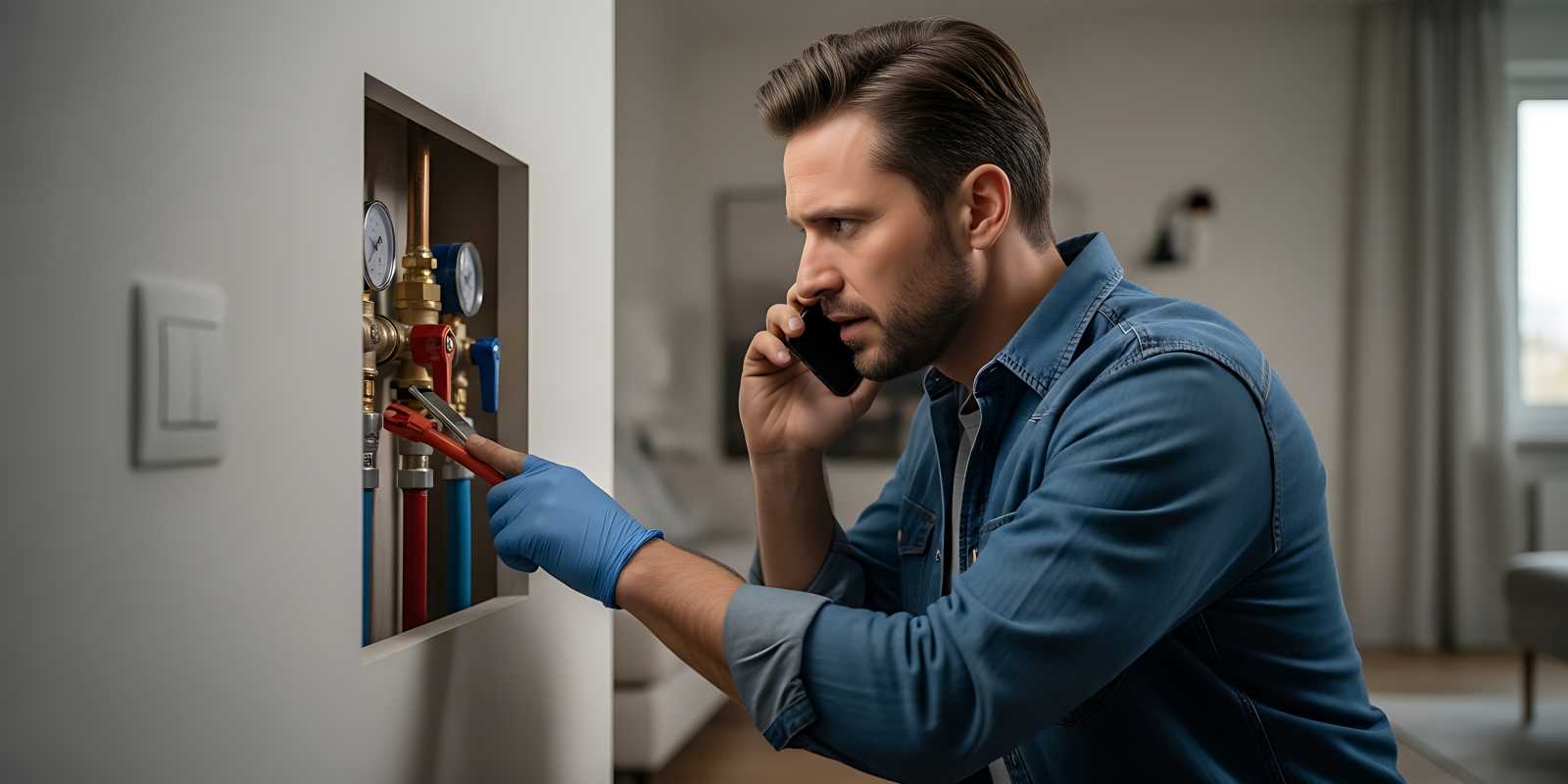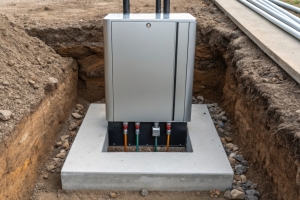
Heating and cooling a property can account for more than half of its total energy use, so choosing the right system makes a real difference over time. Geothermal heat pumps tap into the steady temperature below the ground to deliver efficient comfort year-round, using far less electricity than conventional systems.
For homeowners and businesses thinking long-term about maintaining comfort, lowering operating costs, and reducing maintenance headaches, the initial upfront investment can easily pay for itself through steady energy savings, lasting performance, and even quieter operation. This article explains how geothermal heat pumps can result in long-term energy savings.

Because heating and cooling make up more than half of total energy use, improving HVAC efficiency offers the greatest potential savings.
How Geothermal Heat Pumps Work
Geothermal, also known as ground-source, systems tap into steady underground temperatures to maintain efficient comfort through both hot and cold months. Just a few feet underground, the soil maintains a relatively constant temperature ranging from about 40°F to 70°F.
The process is simple once the pump is installed.
- In winter, your house cools due to the lower exterior temperature and lack of humidity. The opposite occurs in the summer.
- The system kicks on once the interior temperature either falls below/above your selected temperature.
- Heat is then either pulled from underground and distributed through your home or taken from your home and distributed underground.
- Once the appropriate temperature is reached, the system enters a sleep state until the temperature fluctuates again.
The difference comes from the stable ground temperature, the efficiency of heat transfer through water-based loops, and the absence of an outdoor compressor constantly battling changing weather. These systems also tend to run quietly and require fewer service calls over their lifespan.
Real-World Savings and Energy Reductions
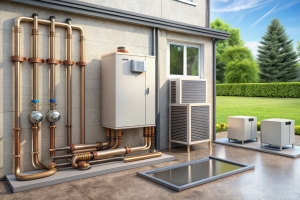
| TL;DR: Across residential and commercial use, geothermal cuts energy demand up to 40%, even before factoring in rising fuel costs. |
Government and engineering data show consistent performance improvements across residential and commercial properties using geothermal systems.
Research from the Federal Energy Management Program shows that geothermal systems can reduce energy use by 15% to 25% in commercial settings and up to 40% in residential applications.
A well-documented example is the Fort Polk Army housing project in Louisiana. When standard HVAC systems were replaced with geothermal units, the installation reduced summer peak electrical demand by 7.5 megawatts, a 43% drop, and lowered housing electricity consumption by 33%. The conversion also eliminated the need for natural gas, creating a cleaner and more efficient operation across thousands of homes.
ENERGY STAR performance criteria further confirm these savings. Typical closed-loop water-to-air systems operate around 17.1 EER and 3.6 COP, well above standard air-conditioning baselines. The higher efficiency translates directly to lower kilowatt-hours per ton of cooling delivered and significantly reduced operating costs.
Why Geothermal Systems Last Longer
One of the most attractive aspects of geothermal technology is longevity. Consumer resources from The Department of Energy report that indoor geothermal units typically last around 24 years, while the buried ground loop can operate for 50 years or more.
Federal facility maintenance records state that across schools and government buildings, geothermal systems have shown consistently lower maintenance costs per square foot than most HVAC systems. Major components also didn’t need to be replaced as often as with other heating or cooling systems.
Over time, these factors contribute to a reliable, low-maintenance system that delivers steady savings.
| Component | Typical Lifespan | Key Advantage |
| Indoor Unit | 20–25 years | Minimal wear due to steady operation |
| Ground Loop | 50+ years | Protected from weather & corrosion |
| Compressor | 20+ years | Fewer cycles & balanced workload |
Comparing Heating Costs: Geothermal vs. Traditional Systems
A clear way to understand the impact of geothermal is to look at heating cost per delivered million BTU (MMBtu).
| System Type | Efficiency (COP or AFUE) | Energy Cost (per MMBtu) | Notes |
| Geothermal (COP 3.5) | 350% | $14.60 | Typical national electric rate |
| Geothermal (COP 4.0) | 400% | $12.80 | Higher efficiency, more savings |
| Natural Gas (95% AFUE) | 95% | $14.90 | Comparable to COP 3.5 |
| Propane / Fuel Oil | 80–90% | $25–$35 | Higher and volatile costs |
Under these national conditions, geothermal heating at typical performance levels is already on par with or cheaper than natural gas. The advantage widens in regions with higher gas prices, expensive propane, or fuel oil systems.
| Note for Businesses: Commercial properties often gain an extra benefit due to reduced peak electrical demand. Many commercial rate structures include demand charges that make up 30% to 70% of total electric costs. The steady load profile of geothermal systems helps lower these charges while maintaining comfort year-round. |
Cooling & Hot Water Efficiency Gains
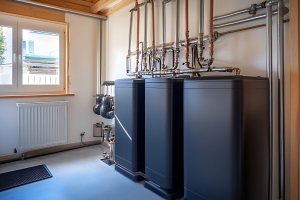
During the cooling season, geothermal systems maintain high efficiency because the underground temperature remains stable even during heat waves. The steady performance over decades translates to a substantial lifetime energy advantage.
Some geothermal installations incorporate a desuperheater that transfers waste heat from the compressor to the home’s water heater, further improving efficiency. According to the Department of Energy, in some configurations, this recovered heat can meet a large portion of a home’s water-heating needs, especially during cooling months.
Unlock Long-Term Geothermal Comfort & Energy Savings
Geothermal systems continue to prove their value where it matters most: lasting performance, consistent comfort, and measurable long-term savings. For many homeowners and businesses, it’s a practical way to take control of energy costs while investing in lasting reliability.
At A. Borrelli Mechanical, we’ve helped Westchester County families and businesses stay comfortable since 1981 with trusted heating, cooling, and plumbing solutions. Relying on our decades of experience across the region, we handle everything from efficient system upgrades to complete geothermal installations.
If you’re ready to learn what a geothermal heat pump could mean for your home or property, call (914) 301-7495 or reach us through our online contact form to schedule a consultation.

